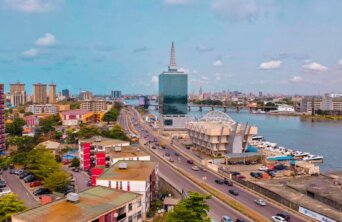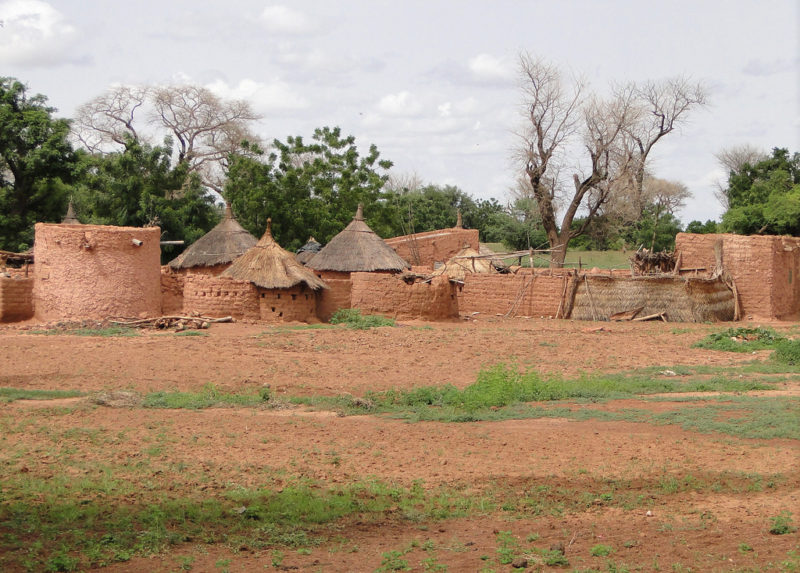- About
- Topics
- Picks
- Audio
- Story
- In-Depth
- Opinion
- News
- Donate
- Signup for our newsletterOur Editors' Best Picks.Send
Read, Debate: Engage.
| topic: | Sustainable Development |
|---|---|
| located: | South Africa |
| editor: | Bob Koigi |
In what remains one of the most historic milestones for a united Africa, The African Free Trade Agreement, AfCFTA, which came into effect on 1 January 2021, opened the continent up to the movement of people, goods and services.
Thanks to the continental free trade treaty, Africa has become one of the world's largest trading blocs. It remains the flagship initiative of the African Union's blueprint, "Agenda 2063: The Africa We Want", which has been working towards an integrated, prosperous and peaceful Africa that its citizens drive.
To a great extent, the integration has been fostered by regional economic communities such as the East African Community (EAC), the Southern Africa Development Community (SADC) and the Economic Community of West African States (ECOWAS).
And to further entrench the spirit of oneness, the African Union Heads of States and Government set aside July to celebrate and reflect on the continent's integration.
But that integration cannot exist in a vacuum; economic, political and socio-development integration can only thrive in an environment of peace and security. Unfortunately, the African continent has had to cope with armed conflicts and increased militia groups, which puts the integration process at risk.
To realise full integration and make Agenda 2063 a reality, local governments, regional bodies and the continent's apex body must focus on conflict resolution, crisis prevention, taming illegal arms trade, and enhancing good governance.
Controlling cross-border crime strengthens the security of people and goods as they move across regions.
Regional blocs have developed early warning and response initiatives to tackle regional conflicts, such as the Intergovernmental Authority on Development (IGAD)'s Conflict Early Warning or the ECOWAS Early Warning Mechanism. These interventions should be celebrated and taken as lessons.
Ultimately a united continent is economically prosperous, and all players, individuals, governments, and the private sector must work towards this agenda.
Image by Nupo Deyon Daniel.

